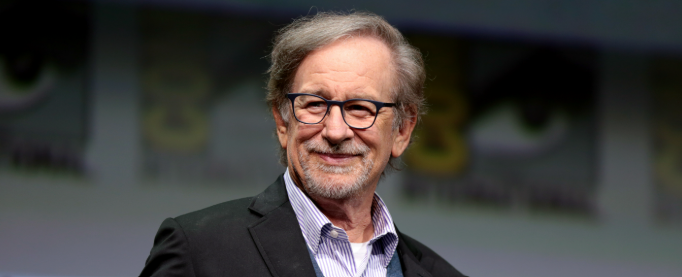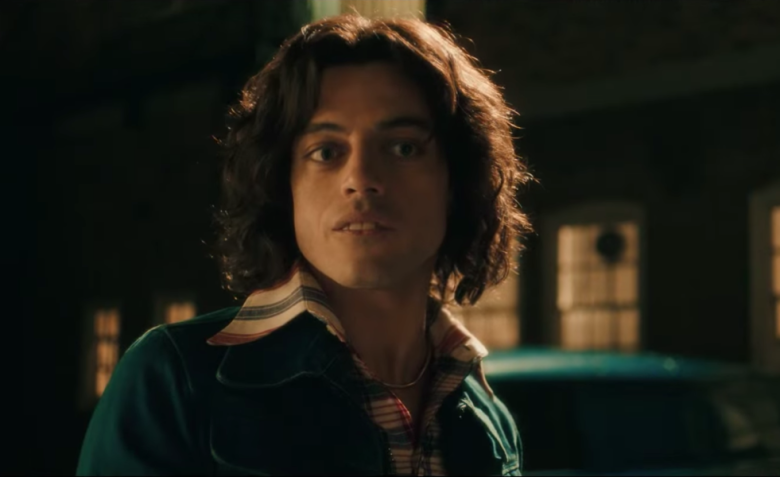Queen biopic “Bohemian Rhapsody” has delivered great numbers at the week-end box-office. When all is said and done, it will have delivered a $50M debut. The rock biopic has been reborn! Not to mention audiences are digging the hell out of this movie with an A grade on CinemaScore and astonishing 8.4 rating on IMDB (based on 34k votes). However, the reviews from critics were weak. The movie has a mediocre 59% on Rotten Tomatoes (based on 237 reviews).
The divide is apparent: critics are not in-sync with audiences when it comes to "Bohemian Rhapsody." “Doctor Strange” filmmaker, Scott Derrickson, even went on Twitter to voice his frustration with critics, stating “I really enjoyed ‘Bohemian Rhapsody. Most criticisms I’ve read about the film say it could’ve been something more. But I refuse to judge a film by [what] I wanted it to be, I receive it for what it is.”
Derrickson's tweet angered 'wokers' such as Variety's Guy Lodge who wrote, “It’s good to review everything on its terms. But that doesn’t mean you shouldn’t criticize a film for being limited in scope, ambition or courage..If you’re not bothered by the de-queering of Freddie Mercury’s story for mass entertainment purposes, well, great — you are exactly who Bohemian Rhapsody was made for. Enjoy! But also take a moment to consider whether the film should have been made only for you.”
Others followed suit and agreed with Lodge. The two things we have to highlight in Lodge's tweet are "de-queering," and "limited courage." Many of the bad reviews “Bohemian Rhapsody” has been getting have read more as a backlash on the lackluster depiction of Mercury’s sexuality. Critics can have problems with how sexuality is presented in "Bohemian Rhapsody," but can that define the quality of a film at all? My main gripe with film criticism these days is that critics are too focused on the “socially aware” aspects of the film and are not focusing on the craft. The craft in 'Rhapsody' is there. It might be a flawed film that quite bright-eyedly focuses on a token rise and fall schema. However, using the term “de-queering”? Even when the film does show Mercury as very much a person that is attracted to both men and women? What kind of critical perspective on art is this now?
The film depicts Mercury’s relationship with Mary Austin. The two began dating when the band was just starting out, he proposed to her, they got married, and Austin is portrayed as the love of his life. However, the film does also show how Mercury slept with men and women throughout his life, a fact, with Austin telling Mercury, “Freddie, you’re gay.”
Mercury biographer Lesley-Ann Jones told Them, “Queen’s management spent decades trying to convince the world that Freddie was heterosexual while he was alive, but then conceded to his homosexuality after he had died...All their efforts to preserve Freddie in memory as, effectively, a straight man who was in love with one woman — his soulmate Mary — but who was ‘corrupted’ by factions of the music industry (and wasn’t really gay) are ridiculous to me … He was clearly bisexual." The film depicts just that.
'Rhapsody' director Bryan Singer is an openly gay man, albeit with a very troubled past, but I don't think it was his intention to limit the queer aspect in the film. Instead, as I pointed out in my review, the film's main focus is on the music. Since when is sexuality the most relevant category by which we see or represent people? Why is gayness so important to some critics, that they can’t see anything else?
Lodge hand-wringing over "Bohemian Rhapsody" not being gay enough illustrates one of the principle reasons why film criticism isn’t what it once was. “But is it woke enough?” is now the question that determines whether or not a film gets a good review or a bad one. The actual quality of the film doesn’t mean nearly as much anymore. If you want criticism on quality then just continue to read this site, we won't be brainwashed to follow the pack.





